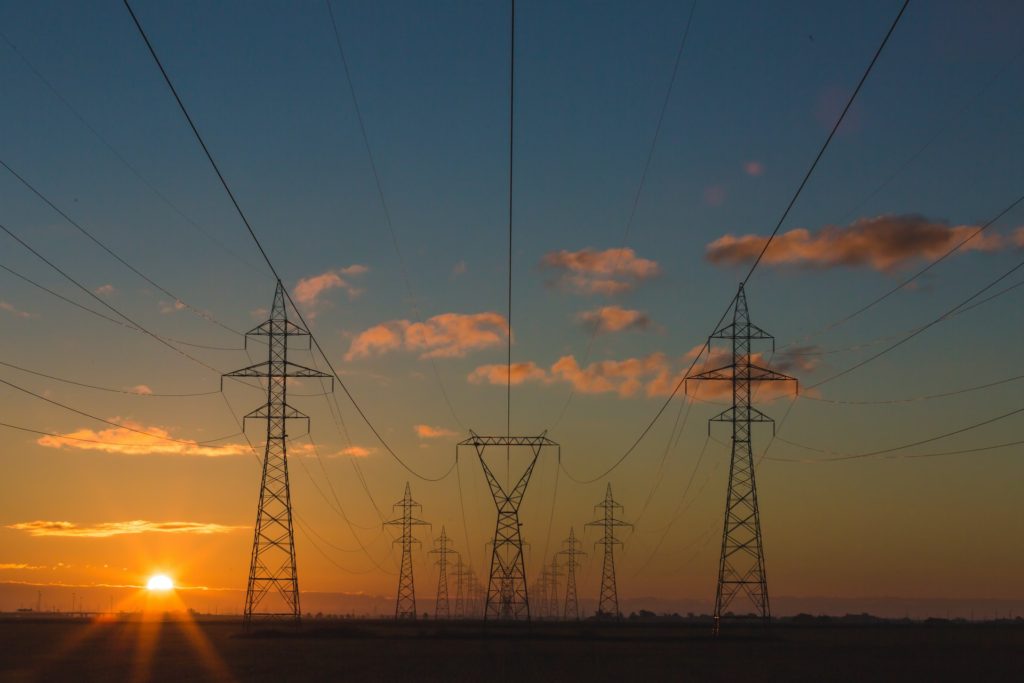
After reading, What Is Republic Act No. 11361 Or “Anti-Obstruction Of Power Lines Act”?, read also Incentives Under Republic Act No. 7942 Or The Philippine Mining Act Of 1995
-
The State ensures uninterrupted conveyance of electricity from generating plants to end users
-
The continuous conveyance of electricity is a matter of national security
-
Power lines refer to transmission lines constructed for the purpose of conveyance of electricity
The State ensures uninterrupted conveyance of electricity from generating plants to end users, and protect the integrity and reliability of the country’s transmission, submission, and distribution systems by keeping the land beneath, the air spaces surrounding, and the area traversed by power lines clear of dangerous obstructions through Republic Act No. 11361 or the “Anti-Obstruction of Power Lines Act”.
Under Republic Act No. 11361, the continuous conveyance of electricity is a matter of national security and is essential to sustaining the country’s economic development. The State also acknowledges the crucial role of property owners in ensuring that power lines remain free of any dangerous and hazardous activities and improvements.
What are power lines?
The law says:
Power lines refer to transmission lines, sub-transmission lines, distribution lines, and generation dedicated point to point lines, and other connection assets including the poles and towers used to support the lines and other related facilities constructed or erected for the purpose of conveyance of electricity.
Also, the law mentioned about power line obstruction which refers to any hazardous activity or hazardous improvement and other similar circumstances that threaten or endanger the continuous and uninterrupted conveyance of electricity. Thus, power line obstruction is punishable.
What are the prohibited acts under the Anti-Obstruction of Power Lines Act?
The law says:
It is unlawful for any person, whether natural or juridical, public or private, to:
-
Plant or cause to be planted tall growing plants, including plants of whatever kind, variety, or height within the power line corridor;
-
Construct or erect any hazardous improvements within the poser line corridor;
-
Prevent or refuse duly authorized agents of the owner or operator of power lines, entry to the property for the purpose of prevention and removal of power line obstruction;
-
Perform other analogous acts or activities, which will impair the conveyance of electricity and cause damage to power lines.
What are the penalties if a person was found guilty of the above-enumerated prohibited acts?
The law says:
The following penalties shall be imposed upon any person who was found guilty of the above-enumerated prohibited acts:
-
First offense – penalty of arresto mayor (imprisonment for a period of one month and one day to six months) or a fine of Fifty thousand pesos (P50,000.00), or both, at the discretion of the court;
-
Second offense – the penalty of prision correccional (imprisonment for a period of six months and one day to six years) or a fine of One hundred thousand pesos (P100,000.00), or both, at the discretion of the court; and
-
Third offense- the penalty of prision mayor (imprisonment for a period of six years and one day to twelve years) or a fine of Two hundred thousand pesos (P200,000.00), or both at the discretion of the court.
If the offenses are committed by or in conspiracy with an officer or employee of the owner or operator of the power line, such officer or employee shall suffer a higher penalty than the penalty provided above.
Alburo Alburo and Associates Law Offices specializes in business law and labor law consulting. For inquiries, you may reach us at info@alburolaw.com, or dial us at (02)7745-4391/0917-5772207.
All rights reserved.
[email-subscribers-form id=”4″]



Asking lang po, bumili ako ng unit sa Isang subdivision and nung natapos na Ang bahay at nakalipat na po kami, meron na pong poste ng transformer sa loob ng lote, pano ko po mapapaalis yung poste lalo sa main door po nakatapat? Maraming salamat po sa sagot
What about in the case of pldt placing a transformer within a private property without informing or asking permission from the owner, is there any legal remedy for the owner to have it removed or be compensated for the period of its operation?
if it’s within your peoperty, You may extract anyform of object without permission to the one who installed even a government projects.
Thanks for some other excellent article. The place else may just anyone get that type of info in such an ideal manner of writing? I have a presentation subsequent week, and I’m on the look for such information.